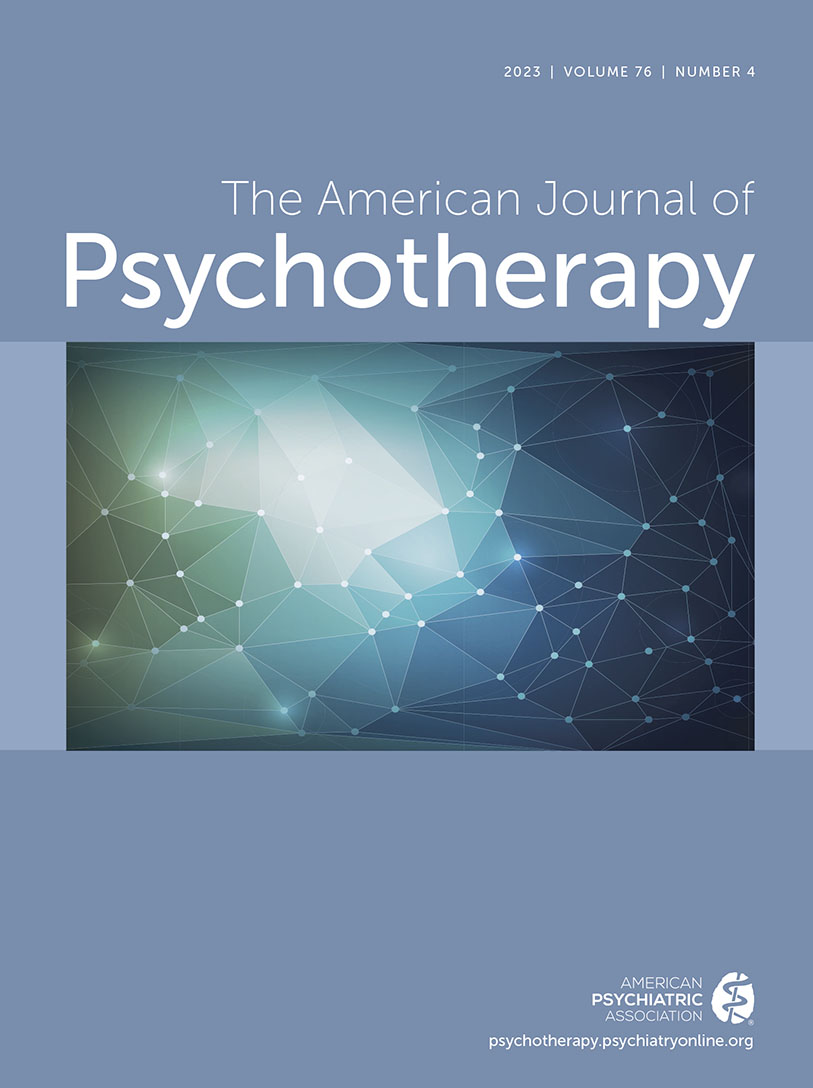Adages, Aphorisms, and Proverbs in Psychiatry and Psychotherapy: Tools for Assessment and Treatment
Abstract
Objective:
This study aimed to examine how adages, aphorisms, and proverbs arise in psychiatric management and psychotherapy and how they might be used to assist assessment and treatment.
Methods:
A selective narrative literature review was conducted to supplement clinical observations and case vignettes.
Results:
Adages appear to act as heuristic cognitive structures that serve as shortcuts for assessing situations, educating, persuading, aiding emotional self-regulation, and influencing courses of action. Some types of psychotherapy—such as dialectical behavior therapy, rational emotive behavior therapy, and acceptance and commitment therapy—and self-help programs such as Alcoholics Anonymous routinely utilize adages. The extent to and contexts in which adages spontaneously arise during general psychiatric and psychotherapeutic interactions have not been systematically studied. Clinicians can ascertain patients’ favorite adages and appraise how patients respond to other sayings through exploratory questioning and by evoking responses to stock series of adages. As therapeutic tools, adages may help patients more easily conceptualize clinicians’ interpretations and insights and may serve as encouraging affirmations.
Conclusions:
Considering the potential utility of adages as therapeutic cognitive scaffolds, how patients and clinicians spontaneously use adages, how adages are used therapeutically, and the adages most suitable for particular patients in particular circumstances deserve further study. In psychiatric management and psychotherapy, clinicians’ sensitivity to timing and patients’ circumstances, culture, and receptivity may determine whether introducing a particular aphorism or proverb will have a positive impact or come across as a vapid and potentially harmful platitude.
Access content
To read the fulltext, please use one of the options below to sign in or purchase access.- Personal login
- Institutional Login
- Sign in via OpenAthens
- Register for access
-
Please login/register if you wish to pair your device and check access availability.
Not a subscriber?
PsychiatryOnline subscription options offer access to the DSM-5 library, books, journals, CME, and patient resources. This all-in-one virtual library provides psychiatrists and mental health professionals with key resources for diagnosis, treatment, research, and professional development.
Need more help? PsychiatryOnline Customer Service may be reached by emailing [email protected] or by calling 800-368-5777 (in the U.S.) or 703-907-7322 (outside the U.S.).



